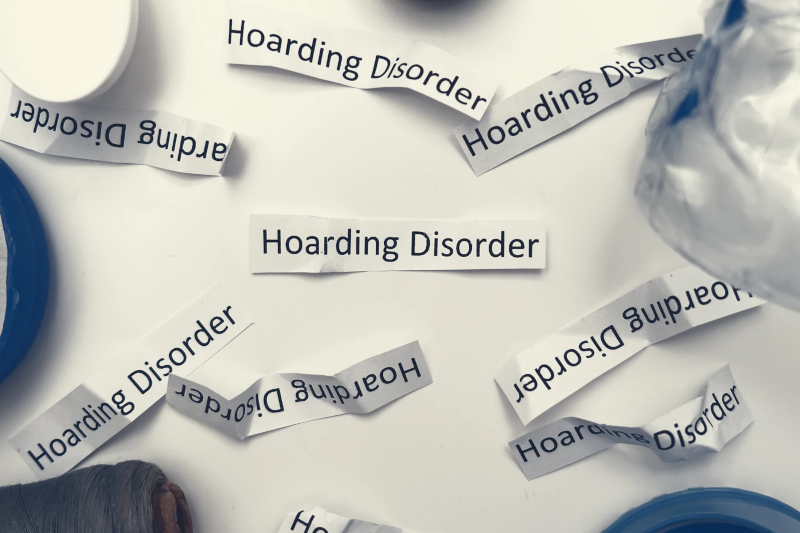Don't hesitate to call us 24/7 for all your Hoarding Cleanup issues
Our team of certified professionals is ready to respond to your emergency at any time
Clean and Clear: Our Hoarding Cleanup Promise
Hoardings is a behavior pattern characterized by persistent difficulty in discarding or parting with possessions, regardless of their actual value, due to a perceived need to save them or fear of losing them. It can result in an accumulation of clutter that can obstruct living spaces, interfere with daily activities, and cause significant distress or impairment in functioning.
Hoarders often feel an emotional attachment to their possessions, which can make it difficult for them to discard or organize them. The severity of hoarding behavior can range from mild clutter to extreme clutter and unsanitary living conditions.
Hoarding can be associated with other mental health conditions such as anxiety, depression, and obsessive-compulsive disorder. It can also have negative impacts on physical health, such as increased risk of falls, fire hazards, and respiratory problems. It is important to recognize that hoarding is a disorder that requires understanding and support from family, friends, and professionals to overcome.
While hoarding disorder, collecting, and clutter can all involve the accumulation of possessions, there are distinct differences between these behaviors.
Collecting involves acquiring and displaying items of interest or value in an organized and curated manner. Collectors take pride in their collections and often have a specific focus or theme. Collecting is not typically associated with the distress and impairment in functioning that hoarding disorder can cause.
Clutter is a normal part of everyday life and can be defined as a collection of items that are not in their proper place or are causing some degree of disorganization. Clutter can be managed through organization and cleaning, and it does not typically cause significant distress or impairment in functioning.

Contrarily, people with hoarding disorders have a persistent problem getting rid of things, regardless of their actual worth or utility. When considering throwing away their possessions, hoarders may feel emotionally attached to them and distressed. Hoarding can result in dangerous and unhealthy living conditions, as well as significant distress and functional impairment.
It is important to differentiate hoarding disorder from collecting and clutter in order to properly diagnose and treat the condition, and to avoid stigmatizing those who engage in collecting or experience occasional clutter.
Our team of certified professionals is ready to respond to your emergency at any time
Hoarding disorder can have a significant impact on daily life, both for the hoarder and their loved ones. The clutter and disorganization caused by hoarding can affect a person’s physical and mental health, relationships, and ability to function in daily life. Some of the impacts of hoarding disorder on daily life are:
American Bio-Clean specialized cleaning services designed to help hoarders declutter and clean their living spaces. These services can provide assistance and support for those struggling with hoarding disorder to create a safer and healthier living environment. Some services offered for hoarding cleanup may include:
